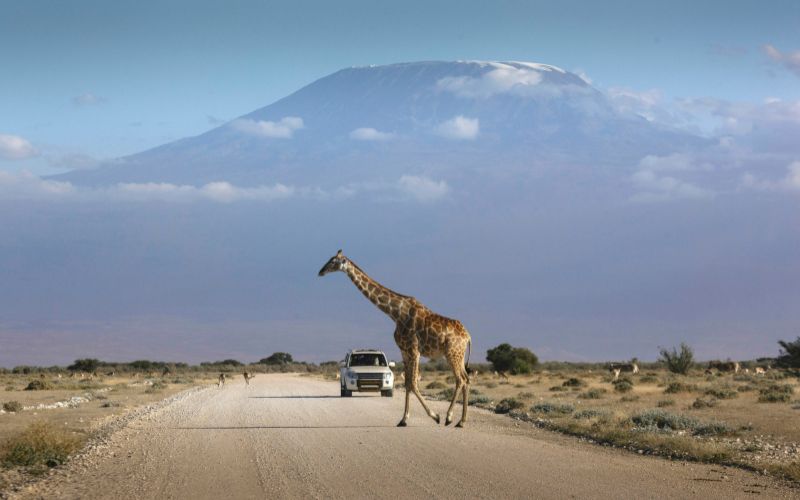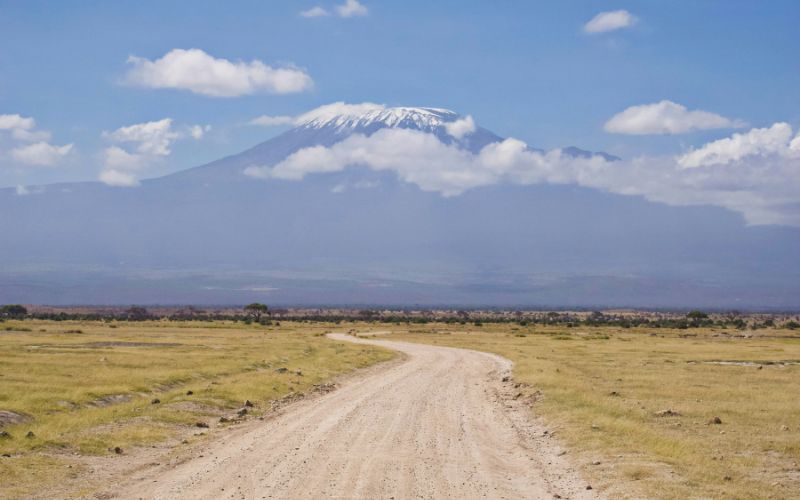Kenya, often referred to as the jewel of East Africa, is a dream destination for many travelers. With its breathtaking landscapes, abundant wildlife, and rich cultural heritage, it offers an unforgettable experience. If you’re planning your first trip to Kenya, here’s everything you need to know to make the most of your journey.
Visa and Entry Requirements
Before traveling, ensure you have the necessary visa. As of 2024, Kenya has introduced an electronic travel authorization (eTA) system, replacing traditional visas. Visitors must apply online before arrival. Ensure your passport is valid for at least six months from your arrival date and check for any additional entry requirements based on your nationality.
Best Time to Visit
Kenya has a diverse climate, so choosing the right time to visit depends on your activities. The dry seasons from June to October and January to February are ideal for safaris, as wildlife is easier to spot around water sources. The Great Migration in the Maasai Mara occurs from July to October, making it a perfect time for wildlife enthusiasts. If you prefer fewer crowds, the short rainy season from November to December can be a great option.
Top Destinations
Kenya offers a wide range of attractions, from wildlife reserves to pristine beaches.
- Maasai Mara National Reserve – Home to the Big Five and the Great Migration, it’s a must-visit for safari lovers.
- Amboseli National Park – Famous for its large elephant herds and stunning views of Mount Kilimanjaro.
- Tsavo East and West National Parks – Known for rugged landscapes and diverse wildlife.
- Lake Nakuru National Park – A paradise for bird watchers, with thousands of flamingos and rhinos.
- Diani Beach – A perfect destination for relaxation with its white sandy beaches and crystal-clear waters.
- Nairobi – The vibrant capital offers cultural attractions like the Giraffe Centre, Karen Blixen Museum, and Nairobi National Park.
What to Pack
Packing smartly will ensure a comfortable trip. Essentials include:
- Light, breathable clothing for daytime and warm layers for cooler mornings and evenings.
- A good pair of binoculars for safaris.
- Insect repellent to protect against mosquitoes.
- Sunscreen, a hat, and sunglasses for sun protection.
- A sturdy pair of walking shoes for outdoor adventures.
Health and Safety Tips
- Vaccinations: Ensure you’re up to date with routine vaccines and consider getting vaccinations for yellow fever, typhoid, and hepatitis A & B. A malaria prophylaxis is also recommended.
- Food and Water: Stick to bottled or filtered water and avoid consuming raw or undercooked food.
- Safety: Kenya is generally safe for tourists, but it’s always wise to stay aware of your surroundings, especially in urban areas.
Getting Around
Kenya has a well-established transport system. Domestic flights are the fastest way to travel between major destinations. For road trips, hiring a reputable driver or using guided tours is advisable. In cities, taxis and ride-hailing apps like Uber are available.
Conclusion
A trip to Kenya is an adventure of a lifetime, offering diverse experiences from thrilling safaris to relaxing beach getaways. With proper planning, you can have a safe and memorable journey, immersing yourself in the beauty and culture of this incredible country. Whether it’s your first visit or the start of many, Kenya will leave you in awe and longing to return.




About The Author
Africa Vacation